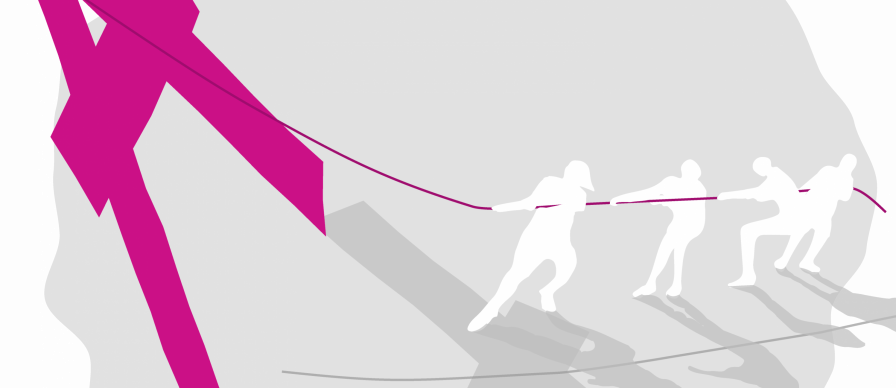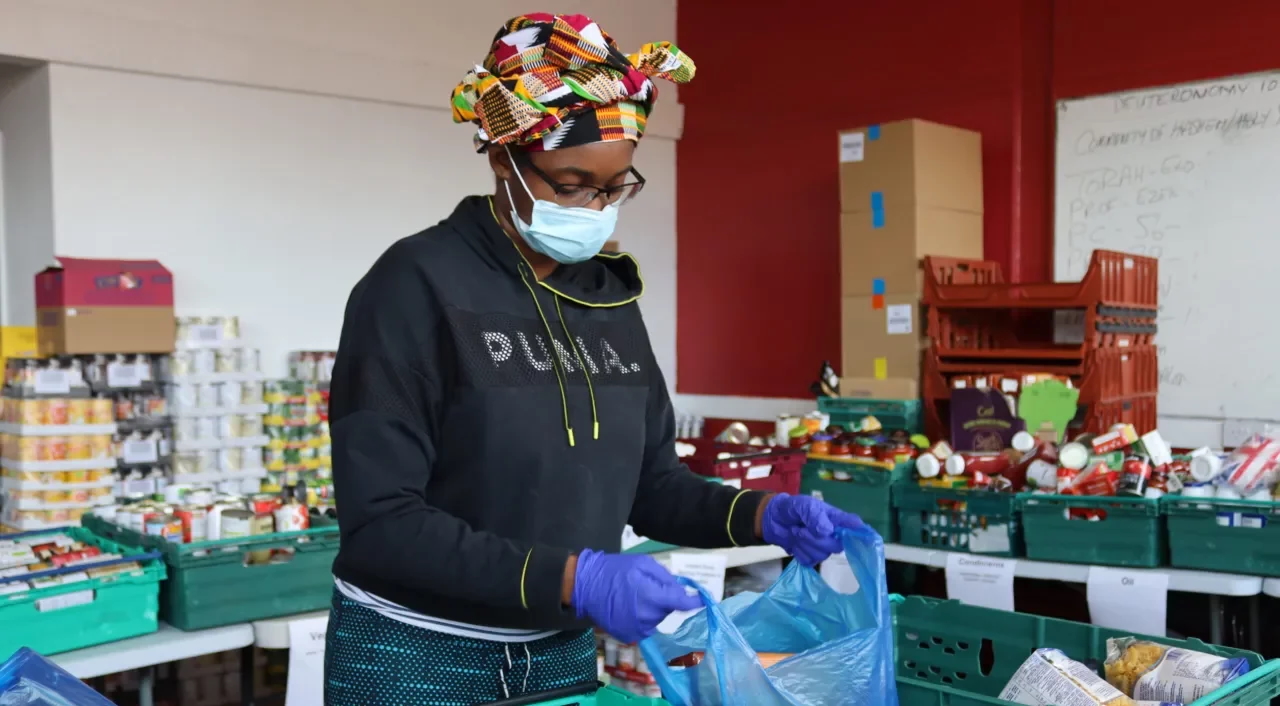These acts of generosity are nothing new. Across the Community Organisers Network we are constantly witness to the support that frontline community organisations have been providing to people when the system falls short. What we have seen across our network is compassion in action.
However, over the last couple of years, through listening to local people and organisations and hearing the stories of their work, we have started to reflect on how the well-intentioned interventions of community organisations are masking something much more systemic. Their work, addressing the symptoms, means that for many they have not time to acknowledge and address the root cause of what is driving the issue, such as our dependence on foodbanks, in the first place
Foodbanks were never meant to be permanent. Yet they’ve become deeply embedded in our communities, functioning as a form of parallel welfare. And for many, especially the 4 in 5 users who come from non-working households, they have become a lifeline. But lifelines, when overused, become crutches that people rely on. This doesn’t help anyone, in the long-term.
When charity becomes the default response to poverty, it risks normalising deprivation. It lets policymakers off the hook. Worse still, it blurs the line between emergency aid and everyday survival, subtly embedding the idea that this is just how life is now.
This shift has dangerous consequences. It creates a culture of economic inactivity, not through personal failure, but because the system has quietly sanctioned inertia – often because of the simple fact there’s just not enough to do something about the causes. If foodbanks are always there, if benefits remain transactional and insufficient, and if work is increasingly insecure or unavailable, the incentive and confidence to re-engage with society (economically, socially, and civically) slowly fades.
Foodbanks, in this context, are at risk of becoming another layer of passive welfare, one that erodes personal agency. Instead of helping people get back on their feet, they may unwittingly hold them in place. Not by intentional design, but by making long-term hardship feel manageable enough not to question, or importantly, ask why.
This has led to a devaluation not only of work, but more importantly, of connection. Paid employment has always been more than just income. It’s about structure, identity, purpose, and participation in a shared social project. A strong society relies on people contributing, and being rewarded, for their work.
And let’s not pretend foodbanks are neutral ground. Many are now propped up by the same companies whose employment practices contribute to the poverty they claim to help relieve. Supermarkets donate leftover food for PR points. Charities compete for visibility. And, politicians are able to make quiet calculations that if communities are fed, there’s no need to fix what’s broken.
All of this has stripped welfare of its humanity. Where once the welfare state was imagined as a form of collective care, it’s now become a bureaucratic transaction; impersonal, suspicious, and isolating. A system designed to foster solidarity has become one that polices need and punishes vulnerability.



